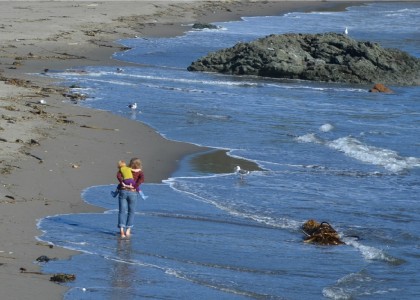
Why Study People’s Reactions to Change?
Let’s play a game. Would you be happier if you had financial wealth or perfect health? How does this affect your sense of personal well-being? Read More

Let’s play a game. Would you be happier if you had financial wealth or perfect health? How does this affect your sense of personal well-being? Read More
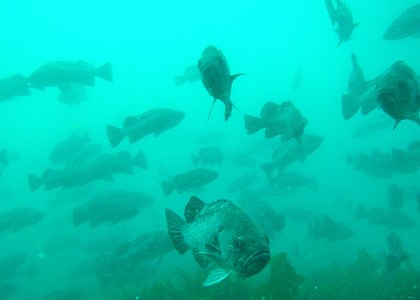
Acoustic surveys may offer a solution to the challenges of sampling mid-water fish species in shallow, rocky habitats. Read More
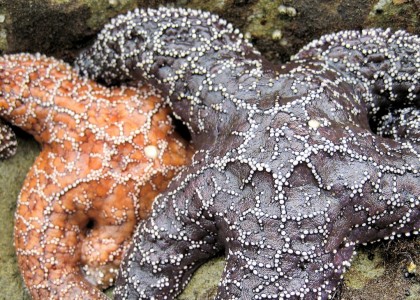
In 2014, the Pacific Coast of North America was hit by a mysterious epidemic that wiped out millions of sea stars, marking the largest marine animal disease event in recorded history. Looming questions researchers are trying to answer include … Read More
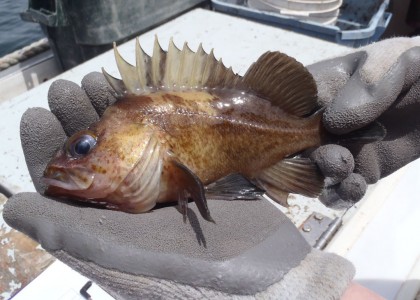
Catching two tagged fish doesn’t seem like a big deal, but it is actually rare to occur in wild populations. Why? The odds of catching a previously tagged fish are extremely small as there are literally, many fish in the sea. Read More
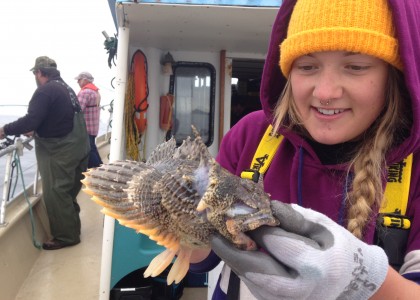
Barotrauma is caused by gasses expanding in a fish’s swim bladder. When the fish is reeled to the surface from deep ocean depths, the swim bladder begins to expand as the surrounding water pressure decreases. Fish that have experienced barotrauma aren’t always able to swim back down on their own, causing them to ‘float’ on the surface. Here’s what you can do to help… Read More
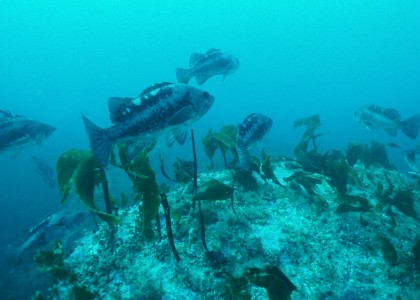
Check out ODFW’s newly released Ecological Monitoring Plan. Learn about how long-term monitoring is helping us learn more about marine reserve protections and about Oregon’s nearshore ocean. Read More
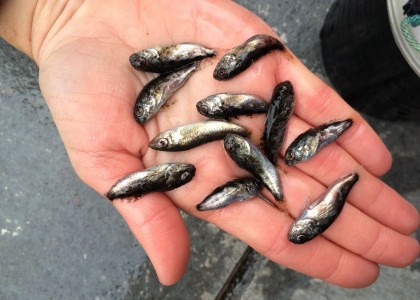
As ODFW Marine Reserves Program researchers pulled up their latest collection of juvenile fish samples at Redfish Rocks Marine Reserve last Thursday, they received a huge surprise — a record breaking pulse of juvenile splitnose rockfish. Read More
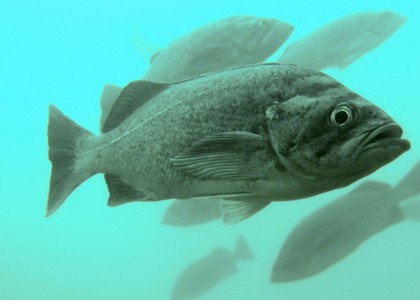
How do you discover a new species after millions of people, including fishermen and researchers, have seen these fish off of Oregon for many years? Blue Rockfish, common to Oregon’s rocky reefs and regularly observed in Oregon’s marine reserves, are actually two entirely distinct species. Read More
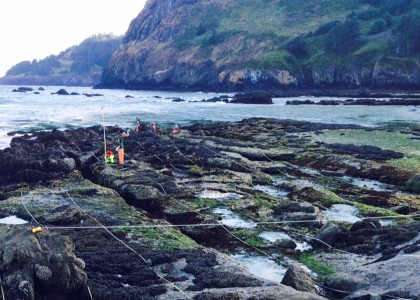
In the field last week, scientists from UCSC and ODFW set up sampling plots to monitor rocky intertidal habitats at the Otter Rock and Cascade Head marine reserves. Read More
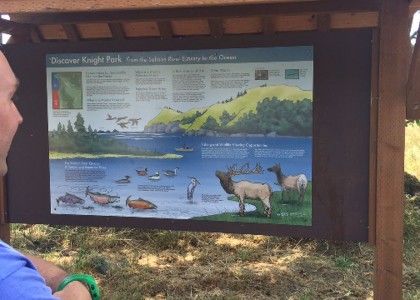
A new kiosk at Knight Park highlights recreation and conservation in and around Cascade Head and the Salmon River estuary. This kiosk was created to educate the Park’s visitors about terrestrial, freshwater, and marine conservation measures in place in this area. Read More